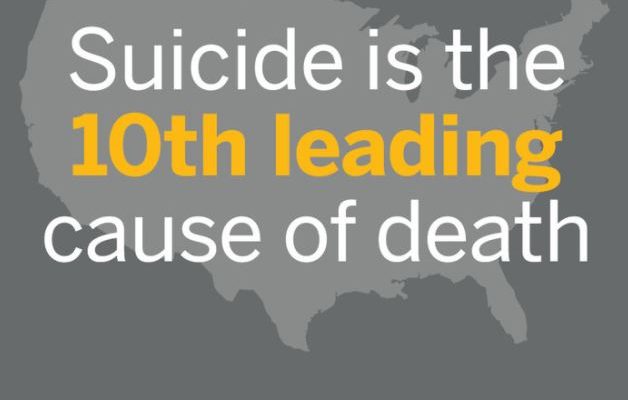NEW YORK, June 7, 2017 – AFSP is proud to announce the winners of the annual research grant application process. This year, 27 national and international grantees have been selected to receive grants totaling more than $4.65 million for their research studies aimed at understanding and preventing suicide.
Suicide is the tenth leading cause of death in the United States, but it receives far less research funding from the National Institutes of Health than other top causes of death, like HIV/AIDS, heart disease and prostate cancer. To help prevent this leading cause of death from claiming more lives, the American Foundation for Suicide Prevention is committed to funding many research grants annually. Funds are provided to top proposals from researchers at all levels of experience to grow the field of researchers invested in suicide prevention. The organization’s research has resulted in a variety of assessment tools and interventions for preventing suicide.
“The American Foundation for Suicide Prevention has been funding scientific research for the past 30 years. We believe research is critical to leading us to a better understanding of the contributors to suicide and the development of useful approaches to prevent suicide,” said Jill Harkavy-Friedman, AFSP vice president of research. “This year we received an impressive number of novel, high quality applications.”
Two of this year’s winners received nearly $1 million each: Dr. Charles Conway, for his study on “Adjunctive Nitrous Oxide For Acute Suicidal Ideation In Unipolar Depressed Hospitalized Patients;” and Dr. Alan Swann, for his study on “Behavioral Mechanisms, Prediction, And Treatment Of Short-Term Suicide Risk.” Our grants program and the 27 grants awarded this year address key suicide research areas: Neurobiological, Psychosocial, Genetic, Treatment, Surviving Suicide Loss and Community Approaches and Impact. The grant categories include short-term risk, linked standard research grants, distinguished investigator grants, standard research grants, young investigator grants, post-doctoral research fellowship, and a pilot research grant.
Each application was reviewed using a rigorous multi-step process with leading experts in the field. The research grants are funded mainly through individual donors who attend the AFSP Out of the Darkness walks and other public education events. Many of the AFSP grantees go on to receive further funding from the National Institute of Mental Health and other large funding agencies.

